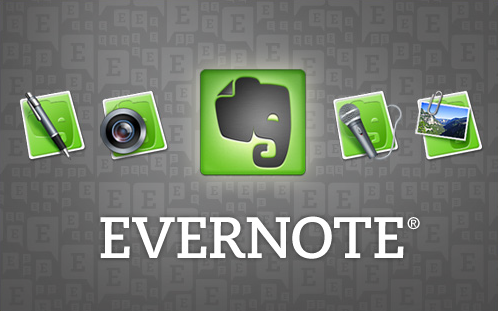There are a variety of tools that I use to stay informed and connected online. They each have their own benefits and shortcomings and I have different reasons for using each one.
 Twitter
Twitter -
Twitter is an excellent resource for educators. I connect with other educators from around the world and share resources and discuss educational topics. I also get breaking news, updates from companies I like, and more. I don't use it as a purely social entity though. It is more for my professional use. The one problem with Twitter is that you can easily miss things as your feed moves along. You can search for users and topics, but it is very easy to miss things. It's strength is instant communication and connecting with people around the world. (however, the 140 character limit can make it challenging sometimes).
Facebook - I use Facebook to connect with friends and keep up with social events. I do follow a couple of business and education pages, but my main use is for keeping with with my friends. There are plenty of educational uses for it, but I haven't gone to far with that yet. I only spend about 10-15 minutes a day scanning for interesting or important updates from friends.
 Email
Email - email is a great method of communicating with people. You can write any length, attach files, and the responses don't disappear in a feed of messages like on Twitter. I have an email account for business use (like banks, etc), my school email account, and a gmail account for Google accounts and communicating. I do not believe that email is dead, or even dying, like many people have suggested. In fact, email is a great way to communicate with others.
 RSS Feeds
RSS Feeds - I've read different articles about how RSS feeds are dying too. I don't believe that. I use RSS feeds to subscribe to web sites to get notified when there is a new article. The feed doesn't disappear into a long line of messages like on Twitter. It will be there until I read it or delete it. I can also favorite an article to read later, or even share them with others. It is an extremely useful tool.
 Google+
Google+ is
Google's social network. Features include "Circles" where you put people and groups you follow. The circles allow you to selectively view certain posts and also share your posts with certain Circles only. For instance, you could have different Circles for each of your classes and selectively post information based on which class you want to receive it. You could also have a personal or friends circle and the things you post there would not be visible to your students. I use Google+ mainly for education and technology but would like to have more of my real friends (vs Facebook "friends") come over to Google+.
Each of these tools is useful in different ways and has different reasons I use them. I don't think that any one could replace the other because they are so different.How do you use each one?






















